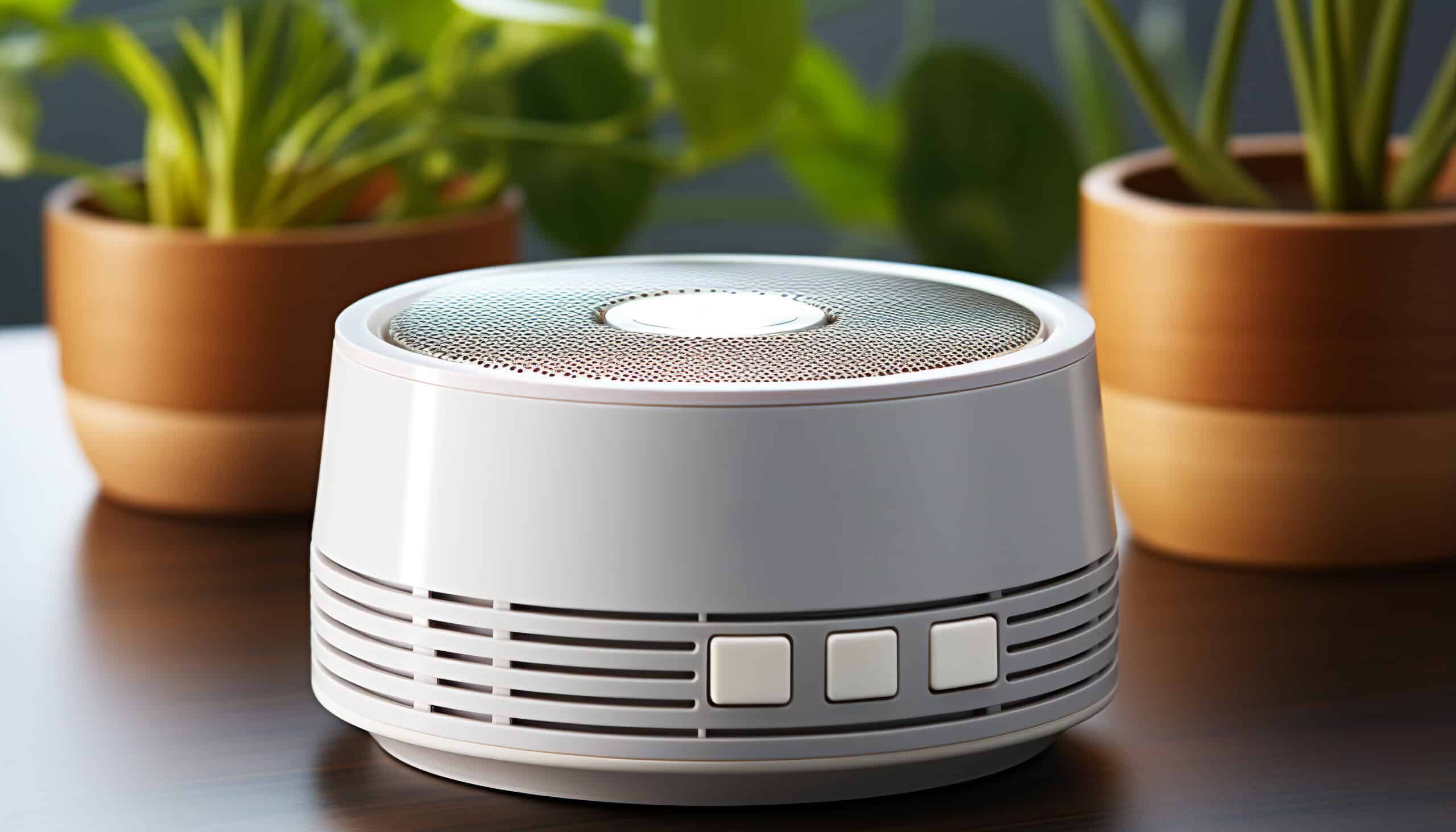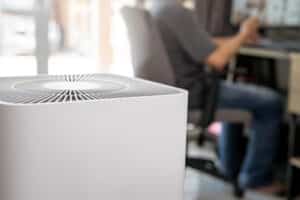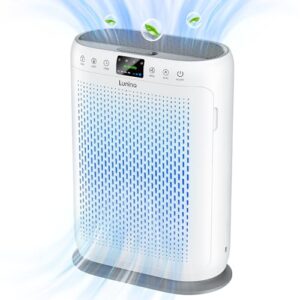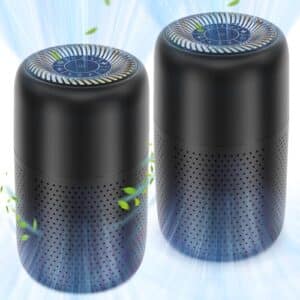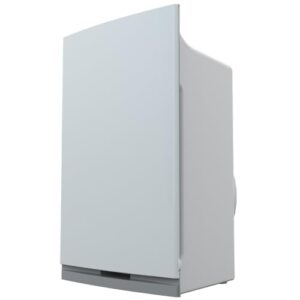What is the difference between HEPA and non-HEPA air purifiers?
Key Takeaways
- HEPA air purifiers are highly effective in capturing and removing particles as small as 0.3 microns with an efficiency rating of 99.97%.
- HEPA air purifiers are particularly beneficial for individuals with allergies, respiratory conditions, and vulnerable populations such as young children and older adults.
- Non-HEPA air purifiers do not meet the same standards as HEPA filters and are generally considered less effective in capturing smaller particles and allergens.
If you’re considering purchasing an air purifier to improve the air quality in your home or office, you may have come across the terms HEPA and non-HEPA. But what exactly do these terms mean, and what is the difference between the two? In this article, we will explore the characteristics and benefits of HEPA and non-HEPA air purifiers to help you make an informed decision.
HEPA Air Purifiers
HEPA stands for High-Efficiency Particulate Air and refers to a type of air filter that has been certified to meet specific standards set by the United States Department of Energy. HEPA filters are designed to capture and remove particles as small as 0.3 microns with an efficiency rating of 99.97%. This makes them highly effective in trapping allergens, pollutants, and other airborne particles.
According to Wired, HEPA air purifiers are considered more effective than non-HEPA purifiers in capturing and removing smaller particles. They are particularly beneficial for individuals with allergies, respiratory conditions, and vulnerable populations such as young children and older adults. Some popular HEPA air purifiers mentioned in the article include the Coway Airmega 200M and 250, as well as the Honeywell HEPA InSight HPA5200B.
HEPA air purifiers have been found to be effective in reducing the concentration of indoor allergens, including pollen, dust, bacteria, viruses, and dirt. They can help alleviate symptoms associated with allergies and asthma by removing these triggers from the air. However, it’s important to note that HEPA filters may have limited effectiveness in removing dust mite allergens, animal allergens, and pollen, as mentioned by Healthline.
In addition, HEPA air purifiers may not eliminate mold completely, but they can remove some airborne mold particles. They are also effective in reducing smoke particles in the air, although they may not be as effective in removing non-particle components of smoke such as nicotine. Despite these limitations, HEPA air purifiers are still considered highly efficient in removing fine particles from the air.
Non-HEPA Air Purifiers
Non-HEPA air purifiers, on the other hand, do not meet the specific standards set for HEPA filters. They may use different types of filtration technologies such as activated carbon filters, electrostatic precipitators, or UV germicidal lamps to capture and remove airborne particles. According to the provided text, non-HEPA air purifiers are generally not considered as effective as HEPA air purifiers for filtering particles and contaminants from the air.
While non-HEPA air purifiers may still provide some level of air filtration, they may not be as effective in capturing smaller particles and allergens. These purifiers are often marketed as more affordable alternatives to HEPA filters, but it’s important to consider their limitations and potential trade-offs in terms of air purification efficiency.
Conclusion
In conclusion, the main difference between HEPA and non-HEPA air purifiers lies in their filtration capabilities. HEPA air purifiers are certified to meet specific standards and have a high efficiency rating in capturing particles as small as 0.3 microns. They are particularly beneficial for individuals with allergies, respiratory conditions, and those who want to improve indoor air quality.
On the other hand, non-HEPA air purifiers do not meet the same standards and may use different filtration technologies. While they may still provide some level of air filtration, they are generally considered less effective than HEPA filters in capturing smaller particles and allergens.
Ultimately, the choice between HEPA and non-HEPA air purifiers depends on your specific needs and budget. If you are looking for a highly efficient air purifier that can effectively remove fine particles from the air, a HEPA air purifier is likely the best option. However, if you have a limited budget or specific filtration requirements, a non-HEPA air purifier may still provide some level of air purification.
Related Websites:
FAQs:
Q: What is an air purifier?
An air purifier is a device that removes contaminants from the air in a room. It typically features filters and fan systems to circulate and clean the indoor air.
Q: What is HEPA?
HEPA stands for High-Efficiency Particulate Air. It is a type of filter commonly used in air purifiers. HEPA filters are highly effective in capturing small particles, allergens, and pollutants.
Q: How does a HEPA air purifier work?
A HEPA air purifier works by pulling in air and passing it through a dense filter. The HEPA filter then traps small particles and pollutants, releasing clean air back into the room. Regular filter maintenance and replacement are important for optimal performance.
Q: What are non-HEPA air purifiers?
Non-HEPA air purifiers are air purifiers that use filters other than HEPA. They may utilize activated carbon or electrostatic filters. Non-HEPA purifiers may serve different purposes such as odor elimination or germ sterilization.
Q: What are the differences between HEPA and non-HEPA air purifiers?
HEPA and non-HEPA air purifiers differ in their primary filtration methods. HEPA filters are highly effective in capturing allergens and microscopic particles, while non-HEPA filters may focus on specific purposes like odor elimination or germ sterilization.

